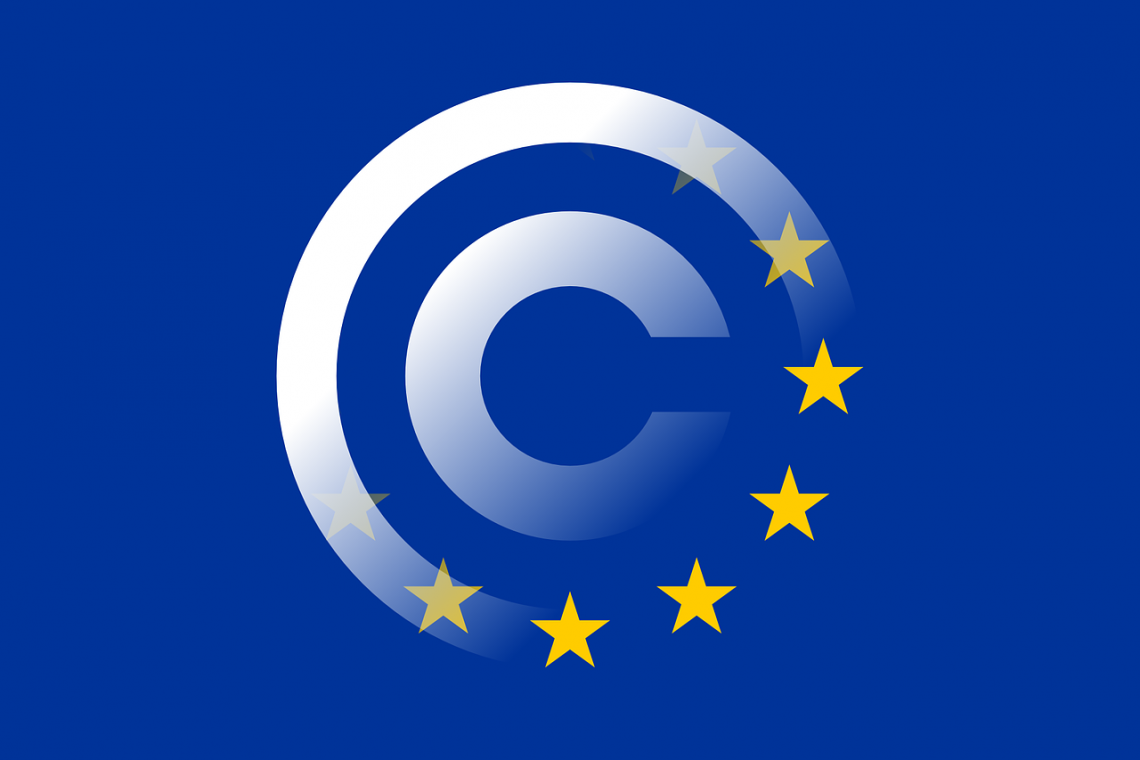On 11 May 2020, the Dutch government submitted a bill to implement the new European Copyright Directive, the DSM Directive. A public, online consultation has already taken place. This elicited 57 responses from many different market players and sector and interest groups. Together with the bill, the government is publishing the Explanatory Memorandum, the advice of the Copyright Commission and the advice of the Council of State.
This blog provides a brief overview of the new rules.
Starting points
The Dutch Government has chosen to align as closely as possible with existing copyright legislation and with the text of the Directive. This was requested by many parties as part of the consultation, in order to prevent major differences in implementation in the various EU Member States.
New exceptions
Uncertainty about the existing rules sometimes leads to problems in the case of text and data mining, digital and cross-border education and online access to cultural heritage. That is why the Directive prescribes a number of new copyright exceptions and limitations.
Text and data mining
The first new exceptions concern text and data mining. New technologies make it possible to automatically search information in digital form such as text, sound, images and data in order to identify patterns. This process is used in medical investigations, in the context of artificial intelligence (such as self-driving cars) and in the context of investigative journalism.
Text and data mining sometimes requires actions that may be covered by copyright or database law. Obtaining permission to do so is often cumbersome and costly. For this reason, the Directive provides in the first place for a mandatory limitation on copyright in order to be able to apply text and data mining for the purpose of scientific research. Only research institutions and cultural heritage institutions can make use of this exception.
Secondly, a general exception is provided for. Reproduction of protected works which have been lawfully accessed does not require the authorisation of the rightholder to carry out text and data mining. This general exception is not of a mandatory nature. The exception does not apply if the rightholder makes an express reservation of rights.
Read our Client Alert on the text and data mining exceptions.
Cross-border digital education
The second new exception relates to online education and distance learning. This exception complements the existing exceptions for education. The new exception makes it clear that digital use is also included. Moreover, the existing rules do not provide for an exception for cross-border, online use. The Directive provides that the use of the protected material in a secure electronic environment is deemed to take place only in the Member State where the educational institution located. The educational institution would then only have to comply with the rules of that country.
Preservation of cultural heritage
Digitisation of cultural heritage is becoming increasingly important. It is therefore desirable that material can be copied and made accessible online. However, making copies cannot be done without the permission of the rightholder. Because the rightholders – especially with old material – are not always easy to find and collections are often extensive, the Directive obliges Member States to introduce an exception for making copies in order to preserve the protected material.
Measures to simplify licensing
ECL for out-of-commerce werken
Article 8 of the Directive allows collecting societies to grant non-exclusive ‘extended collective licenses’ to cultural heritage institutions in respect of works which are no longer commercially available and which form part of the collection of the institution. This means that, under certain conditions, a collective management organisation may also grant permission on behalf of rightholders not affiliated to the collective management organisation, usually against payment of a fee. Article 9 of the Directive provides that an extended collective licence may be valid throughout the Union.
General regime on ECL
In addition to a mandatory EU-wide regime on ECL for out-of-commerce works, the Directive provides for the possibility of extended licensing in a more general sense at national level. The scope of this will be determined by a governmental decree.
Mediation for video-on-demand services
It is not always easy to conclude agreements between rightholders and video-on-demand services. For this reason, the Directive provides for an obligation to assist parties, for example by mediation . The new Article 45ga of the Copyright Act provides that if the parties are unable to reach an agreement, they may have recourse to one or more mediators to assist them in the negotiations.
Works of art in the public domain
The expiry of the term of protection for works of visual art leads to those works becoming part of the public domain. These works may be freely reused. Article 14 of the Directive confirms this and states that reproductions of such works of art are not protected by copyright. For cultural heritage institutions, copyright is no longer an obstacle to the sale of, for example, postcards of paintings.
A well-functioning market for copyrighted material protected
The Directive contains a number of measures aimed at addressing some of the issues related to the distribution of value in the online environment.
Press publishers right
For new online services such as news aggregators, the reuse of press publications is an important part of their revenue model. However, such online use makes it more difficult for press publishers to recoup their investments. The main reason is that these service providers use individual articles rather than the entire publication. In the event of a dispute, press publishers must then prove for each of the individual articles that they can invoke employer copyrights or a contractually acquired position.
Therefore, the Directive provides that publishers of press publications will have their own publishing rights. This neighbouring right (which does not apply to non-commercial or private use) includes the right of reproduction and the right of communication to the public in an online environment. The protection offered by the new right will last until 2 years after the year of publication. The new right only applies to press publications such as daily and monthly newspapers and news websites, and thus not to, for example, scientific periodicals. Also what is published on a blog is not covered, unless the blog is under editorial control of a press publisher. Hyperlinking to press publications will continue to be permitted.
Levies for publishers
Since the rulingof the Court of Justice of the European Union in the Reprobel case (ECJ EU, 12 November 2015, No C-572/13, ECLI:EU:C:2015:750), it was no longer possible, through a decision of the legislator, to allocate part of the proceeds of legally regulated reproduction remunerations, such as for photocopying and private copying, to publishers. The Directive rectifies this by giving Member States the option of allowing the remuneration to accrue not only to creators but also to publishers.
The obligations of online content platforms
Online content platforms allow users to access information online. In doing so, these users can make protected works available without consent. For example, a recording of a concert, a clip of a performer or (part of) an episode of a series. Online content platforms earn money with this, for example through advertisements. The idea is that rightholders do not or insufficiently benefit from this. The directive aims to provide a solution for this by classifying the act of the platforms as a “communication to the public”. As a result, they need the consent of the rightholders in order to make copyright and neighbouring rights protected works available to the public.
Read more about the new obligations for online content platforms in our Whitepaper on Content Platforms & the Uploadfilter.
Copyright contract law
Finally, the Directive contains some copyright contract provisions, which apply to contracts in which creators, as natural persons, transfer rights or license them to another party for exploitation purposes. These provisions are to a large extent in line with already existing Dutch legislation. Only the obligation of transparency is new, under which an operator who concludes contracts with a creator must provide the creator with information about the exploitation, such as the forms of exploitation, the income and the remuneration due.




